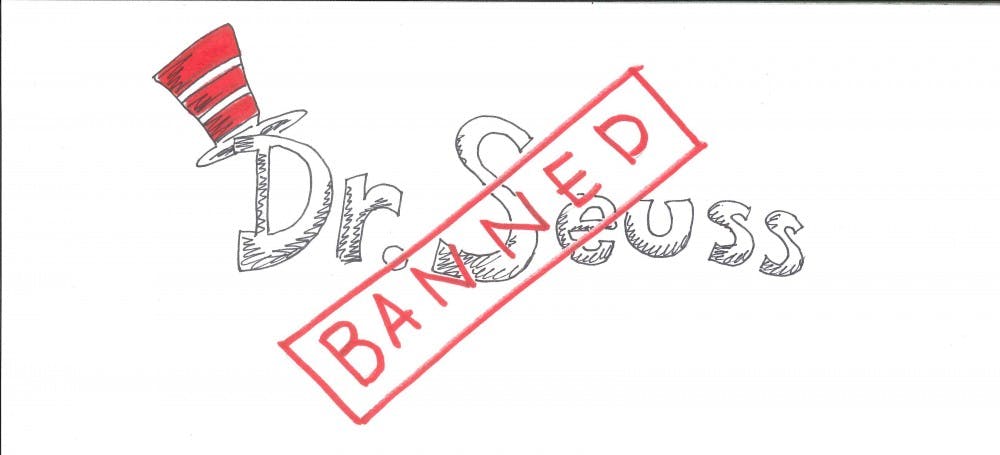In an act of charity undertaken previously by First Ladies before her, Melania Trump recently gifted a set of Dr. Seuss books to one school from every state.
Although 49 states were glad to receive them, one school librarian from Massachusetts named Liz Phipps Soeiro refused the gift, claiming Dr. Seuss’ work exhibited racism.
Herein lies the perfect example of when to separate art from the artist while understanding these artists’ faults.
No one is denying that Theodor Seuss Geisel, under pen name “Dr. Seuss,” is integral in millions of childhoods dating back generations. However, as we grow more analytical and aware of personal agendas, it is worth noting that Dr. Seuss has a nasty past with some racist propaganda.
While writing books that foster knowledge and the love of literacy, we cannot ignore the messages that Seuss stood for in the past.
Before his gig as famous author, Seuss created ads for an insect repellent brand called Flit – and the ads were outright inexcusable.
These ads depicted various people of color as inferior, playing on antiquated stereotypes and profiling. Since these ads are public, we need to address the racism that fueled this and the ideology that Seuss was playing into.
We cannot excuse these racist ads as a sign of the times, but we do need to address that these are separate from the children’s books for which he is known.
Additionally, Seuss created anti-racist, anti-Nazi illustrations during World War II. Though he drew problematic ads at one point in his career, his strictly political illustrations railed against racism.
The Editorial Board suspects Soeiro’s refusal of the books is more about Donald Trump’s presidency than Dr. Seuss’ murky past with racism.
It’s no secret that Trump’s presidency and family has been under fire for divisiveness, and at this point it seems that anything and everything the Trumps do has some underlying problematic motive.
When First Lady Michelle Obama gifted Dr. Seuss books to schools during her husband’s presidency, the charitable act resulted in no backlash.
No librarians even considered refusing the books.
Dr. Seuss was not a perfect person Like many white people of his time, he expressed racist undertones if not outright prejudice. However, his books for children did not contain these messages, and they urged children to love literacy.
In addition, if we’re going to condemn Seuss for his racist past, we need schools to stop performing “Seussical: The Musical” and stores to stop marketing Dr. Seuss décor.
Additionally, almost any author active before 1970 had racial prejudices. This is something that readers accept, and it does not diminish from the quality or significance of Seuss' work.
Being transparent about authors’ agendas is important. But if you’re going to condemn someone for his beliefs, it cannot just be when it is convenient – it needs to be constant.




